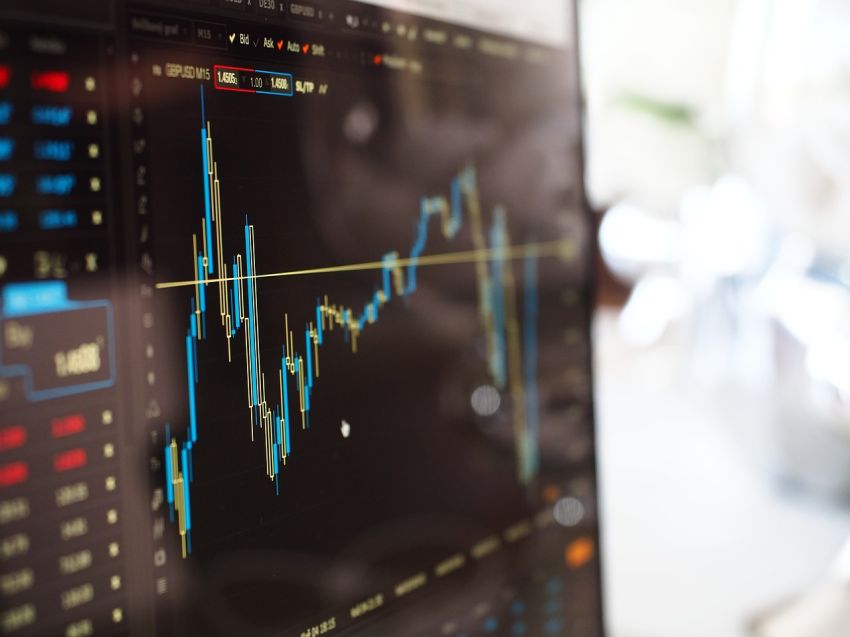Market makers are essential players in the stock market, acting as intermediaries between buyers and sellers. These entities fulfill a crucial role in ensuring liquidity and efficiency in the market. Through their actions, market makers have the ability to influence stock prices, impacting the behavior of traders and investors. Understanding how market makers operate and the mechanisms through which they influence stock prices is vital for anyone looking to navigate the complexities of the financial markets.
### What Are Market Makers?
Market makers are individuals or firms that facilitate trading in a particular security by providing continuous buy and sell prices. They stand ready to buy from sellers or sell to buyers at all times, thereby creating a liquid market for the security. Market makers typically earn profits through the bid-ask spread—the difference between the price at which they are willing to buy and sell a security.
### Providing Liquidity
One of the primary ways in which market makers influence stock prices is by providing liquidity to the market. Liquidity refers to the ease with which a security can be bought or sold without significantly impacting its price. Market makers play a crucial role in ensuring that there are always willing buyers and sellers in the market, which helps maintain a stable trading environment.
### Impact on Bid-Ask Spread
Market makers influence stock prices through their management of the bid-ask spread. By adjusting the prices at which they are willing to buy and sell a security, market makers can influence the overall trading activity and the direction of the stock price. A narrower bid-ask spread indicates higher liquidity and typically results in lower trading costs for investors.
### Managing Order Flow
Market makers also influence stock prices by managing order flow. When a large buy or sell order is placed in the market, market makers may step in to fulfill the order to prevent significant price movements. By absorbing these orders, market makers help stabilize prices and prevent excessive volatility in the market.
### Setting Market Sentiment
Market makers can influence stock prices by setting market sentiment through their actions. By adjusting their quotes and trading activity, market makers can create the perception of buying or selling pressure in a particular security. This can influence the decisions of other market participants and lead to price movements in the desired direction.
### Strategies to Influence Prices
Market makers employ various strategies to influence stock prices and manage their risks. These strategies may include quote manipulation, order matching, and hedging activities. By carefully balancing their positions and trading activities, market makers can effectively control the pricing dynamics in the market.
### Impact of Market Conditions
The influence of market makers on stock prices can vary depending on the prevailing market conditions. During periods of high volatility or market uncertainty, market makers may adjust their trading strategies to mitigate risks and protect their positions. This can lead to changes in stock prices as market makers adapt to the evolving market environment.
### Conclusion: Navigating the Role of Market Makers
In conclusion, market makers play a significant role in shaping stock prices and market dynamics. By providing liquidity, managing order flow, and influencing market sentiment, market makers have the power to impact the behavior of traders and investors. Understanding how market makers operate and the strategies they employ is essential for anyone looking to navigate the complexities of the stock market. By staying informed and aware of the influence of market makers, investors can make more informed decisions and effectively manage their portfolios in an ever-changing market landscape.










